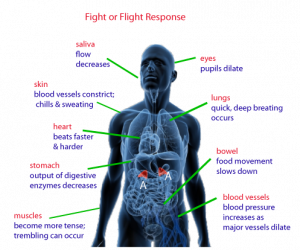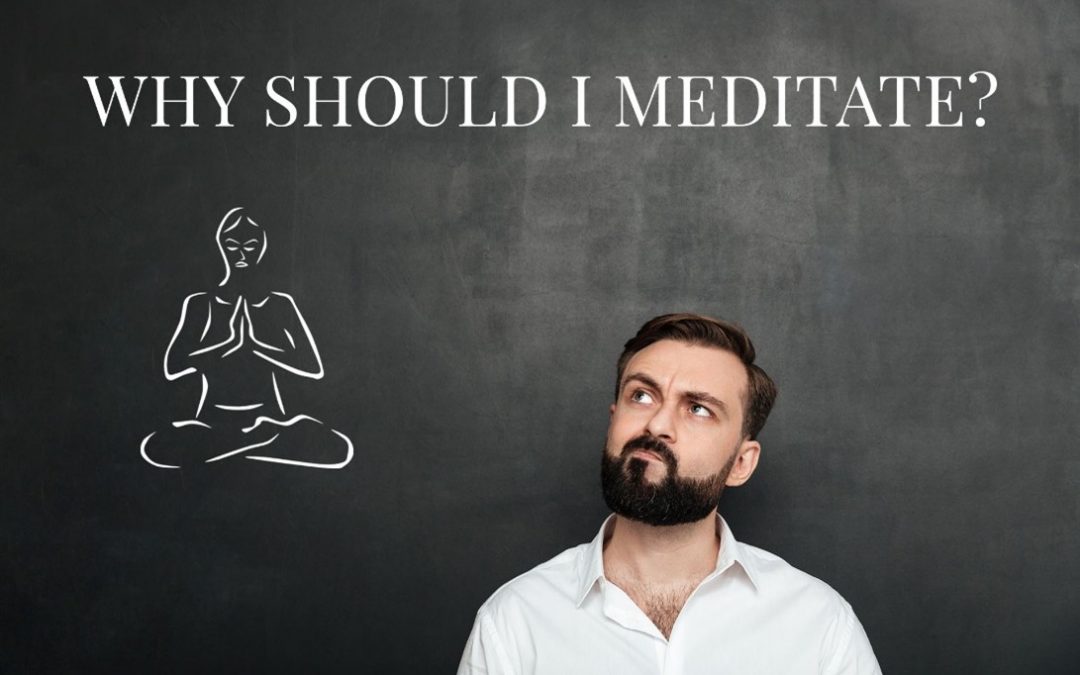The 1st of 4 Segments on the topic of “Why Meditate?”
I think most of us appreciate the concept of meditation, and its benefits. In recent years it has become a trending topic with numerous scientific studies to back it up. Modern technology has developed ways of looking into human brains and bodies to see precisely what happens when one meditates. The results have placed meditation and other mindful practices among the leading choices to create a healthy lifestyle.
Despite the mounting evidence, and the simplicity of the practices, there seems to be a strong resistance to incorporating it into our daily lives. Even I, after twenty plus years of practice, still have occasional lulls in consistency. These lulls are prolonged time gaps where I’ve chosen to not sit in stillness, even though I am fully aware that doing so handicaps my well-being. This phenomenon intrigues me, and I aspire for understanding.
But before we get into a discussion on the topic of resistance, I’d like to first make a case for why I believe meditation is the most important practice humans do.
WHAT YOU MAY OR MAY NOT KNOW ABOUT STRESS
The popular reason as to why most people are turning to meditation these days seems to be for stress and anxiety management. This is validated by the epidemic of chronic stress plaguing our modern world. We live in a dichotomic time, where on one hand we have the most conveniences ever known to humans, and at the same time, the highest ratings of stress ever seen. Unfortunately, being stressed out has become the norm these days.
However, the truth is that there’s nothing normal about chronic stress. Humans are not built for it, and the physiological effects of stress and anxiety may not be fully understood by the majority of people.
Stress is believed to be the cause of 90 to 95% of all illnesses. There are different types of stress that affect our bodies. There’s chemical (toxins), physical trauma (accident), and emotional (mental) stress. We now know that the foundation of all disease is inflammation. We also know that anyone who lives with chronic stress and/or anxiety is harboring underlined inflammation due to the constant triggering of the “fight or flight” response.
This ‘stress response’ was designed to help get us through episodic dangers and threats. The hormonal reactions that occur when we perceive a threat, changes our body functions to give us the best chance of survival. These reactions put us out of homeostasis (balance) temporarily. Once the threat has passed, internal balance should resume.
But those who trigger the ‘stress response’ multiple times a day, do not spend enough time in the ‘relax response’, which triggers balance and our body’s healing functions. These two responses are processed by our Autonomic Nervous System. Only one of them can be switched on at a time. Meaning, when one is on, the other is off. We have more conscious control of this system than you may think.

STRESS IS NOT A CONDITION; IT’S A REACTION
Doctors are handing out diagnoses of chronic stress every day even though, technically, stress is not a condition. Stress can however, lead to a condition.
The inflammation caused by chronic stress generally progresses into some kind of illness. The common pathologies that stem from stress are skin disorders, gastric/intestinal malfunctions, and dysfunctions of the cardiovascular and immune systems.
The fact is that mental stress itself is an emotional reaction to a trigger. A wide range of triggers can apply, and a typical response can also vary greatly from person to person. There are some common societal triggers, such as finances, occupational circumstances, relationships…doom and despair on the horizon.
Some people actually become addicted to their triggers. They can find themselves in a continuum of negative thoughts and beliefs that perpetuate more and more stressors until it becomes their personality or, an identity. They consistently search out validation for their anxiousness, in order to get that hit from the adrenaline release that comes with the stress response. Some of us have developed the habit of absorbing stressors, and “keep it moving”. On the surface we may seem stoic, and unstirred by even multiple triggers. Meanwhile, beneath the surface, the same chemical reactions of the ‘stress response’ are happening, just as they are in the previous example.
Sooner or later, the damage will show itself. In other words, it really doesn’t matter where you sit on the spectrum of stress management. Any stressor, no matter how big or small, will stimulate your midbrain functions, and trigger your autonomic nervous system. The “trick” is to develop some control of which response plays out – fight or flight, or relax. An adept meditator can successfully switch on the ‘relax response’ at any time, with just one breath.
To be continued…

